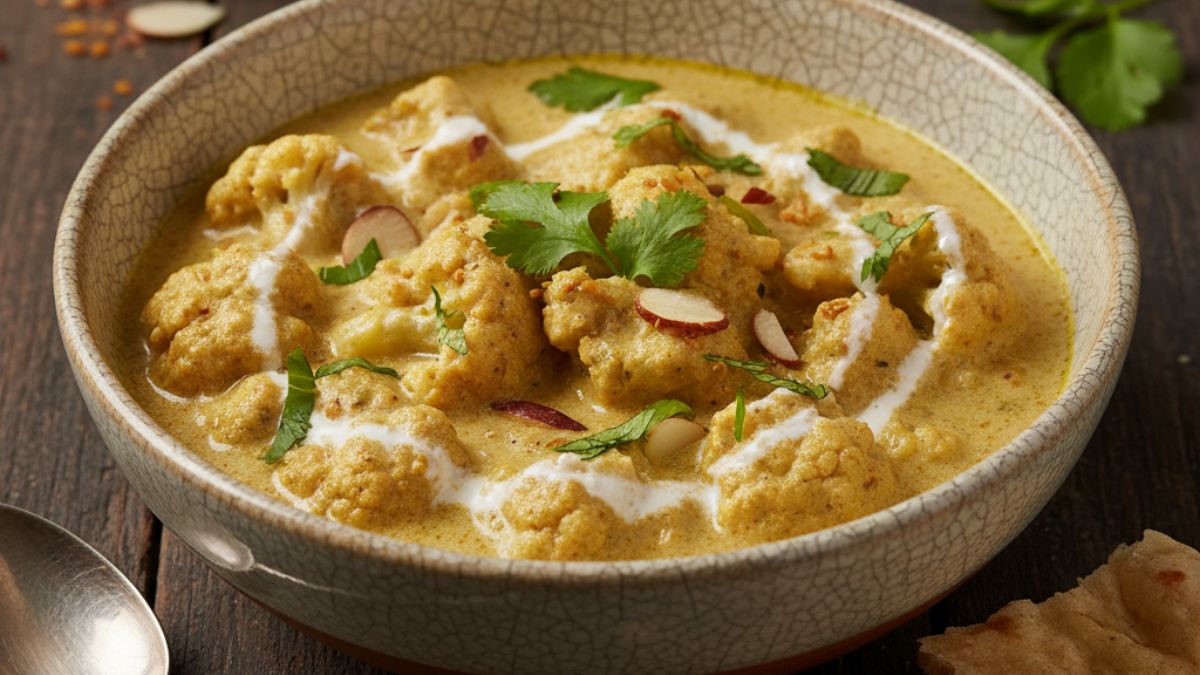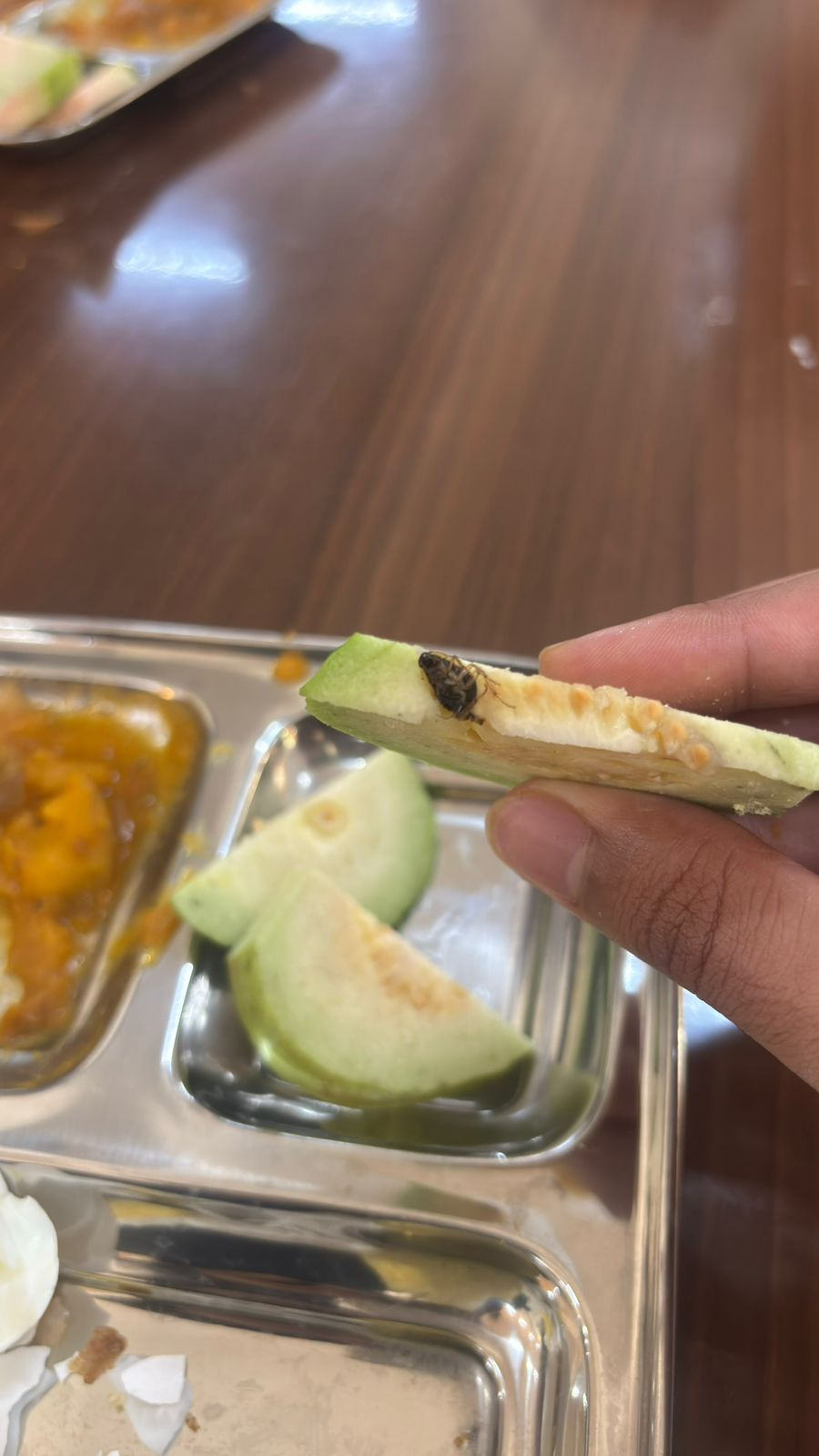We all are aware of the fact that the on-going Coronavirus pandemic has affected a number of people across the world. The ones with certain underlying medical conditions may have a higher risk of severe illness from COVID-19. These conditions include diabetes, heart problems, obesity, and chronic kidney disease. Specifically, the available evidence suggests that people with type 2 diabetes have a higher risk of severe illness from COVID-19, according to the Centre for Disease Control and Prevention (CDC).
Overweight people generally have high sugar problem because of altered insulin balance. Sugary and fatty foods containing high calories can increase blood glucose and cause insulin resistance and reduced insulin sensitivity. High sugar can also cause inflammation and poor immune response. There is a direct link between blood glucose, diabetes, inflammation and immune system; hence foods controlling blood sugar may also strengthen one's immune system. Foods rich in fibre can have an anti- inflammatory role in the body and can strengthen the immune system as well as help controlling blood sugar.
World Diabetes Day 2020: Here Are 4 Expert Tips For You:
Apples:
Apples are fibrous and contain vitamin C, making them a healthy and nutritious snack to consume. They contain polyphenols, which are plant-based compounds known to protect against type 2 -diabetes and cardiovascular disease. Moreover, sugar found in apples i.e. fructose has very little effect on blood sugar.
Also Read: Healthy Diet: 3 Delicious Apple Salad Recipes For A Light Nutritious Meal

Carrots:
Diabetics can opt for carrots in their daily diet despite its sweet flavour as it can help manage blood glucose levels. Carrots are non-starchy vegetable and diabetics can eat them freely.
Complex Carbs or low glycemic foods:
It takes the body longer to digest complex carbs than the processed simple carbs. Complex carbohydrate foods contain fibre, vitamins, and minerals and take longer to digest. This means, they have a less immediate impact on blood sugar, causing it to rise more slowly. Whole grains (such as brown rice, wild rice, oatmeal, barley), grain-like foods (such as quinoa), starchy vegetables (including potatoes, sweet potatoes, corn), beans and legumes (like lentils, kidney beans, and chickpeas) are all excellent sources of complex carbs, which diabetics should include in their diet.
Also Read: Why Whole Grains Are Good For You? 7 Benefits To Look Out For!

Special care:
Diabetics should avoid processed meats because they are high in fat and salt. If possible, opt for low-fat or reduced-fat versions of milk and dairy products. Choose fresh fruits instead of sweet snacks such as cookies, cakes and chocolate. Additionally, it is important for them to exercise on a regular basis to strengthen from within.
Evidence suggests that nutritious foods can help curb sugar spikes and improve insulin resistance that may eventually lead to less dependence on medications. Diabetics above the age of 60 and diabetic pregnant women should take extra care and avoid stepping out and follow all Government guidelines for a healthy and safe living.
About The Author: Rohit Shelatkar is an expert in fitness & nutrition with over 15 years of experience.
(Disclaimer: The opinions expressed within this article are the personal opinions of the author. NDTV is not responsible for the accuracy, completeness, suitability, or validity of any information on this article. All information is provided on an as-is basis. The information, facts or opinions appearing in the article do not reflect the views of NDTV and NDTV does not assume any responsibility or liability for the same.)









